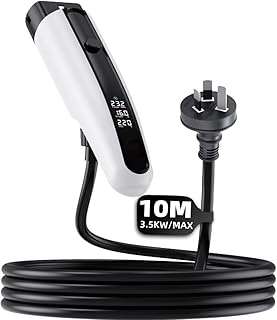The market for fully electric vehicles is expanding rapidly, driven by factors such as new safety regulations, technological advancements, and changing consumer preferences. A significant portion of this growth and consumer interest in electric cars can be attributed to Tesla Motors Inc. and its distinctive business model.
When Elon Musk founded Tesla, his vision was to hasten the adoption of sustainable transportation by introducing affordable electric cars to the mass market. This mission forms the foundation of Tesla’s successful business strategy.
Tesla opted for a unique approach to establishing itself in the automotive industry. Rather than focusing on creating a mass-market electric vehicle, the company first introduced a high-performance luxury electric sports car, the Tesla Roadster, to generate demand for electric cars.
Following the success of the Roadster, Tesla expanded its product line to include various models like the Model S sedan, Model X SUV, Model 3 affordable sedan, Model Y compact SUV, and the Cybertruck pickup truck. These models cater to different market segments and price points, showcasing Tesla’s commitment to innovation and sustainability.
One of the key aspects of Tesla’s business model is its direct sales approach. Unlike traditional automakers that rely on franchised dealerships, Tesla sells its vehicles directly to consumers through company-owned showrooms and galleries, providing a seamless and personalized buying experience.
In addition to direct sales, Tesla has focused on building a robust charging infrastructure to address one of the main challenges facing electric vehicle adoption—charging convenience. The company has established a global network of Supercharger stations where Tesla owners can quickly recharge their vehicles at a fraction of the cost of gasoline.
Moreover, Tesla has diversified its product offerings beyond electric vehicles to include energy storage solutions like the Powerwall home battery and solar panels. This expansion into the energy sector aligns with Tesla’s mission to accelerate the transition to sustainable energy.
Financially, Tesla has not only disrupted the automotive industry but also challenged conventional perceptions by being viewed more as a technology company than a traditional car manufacturer. This reclassification has contributed to Tesla’s soaring stock price and market capitalization.
Looking ahead, Tesla’s founder Elon Musk has ambitious plans for the company, including the development of robo-taxis and fully autonomous vehicles. Despite facing delays, Tesla remains at the forefront of innovation in the electric vehicle and renewable energy sectors.
In conclusion, Tesla’s unique business model, innovative products, and commitment to sustainability have positioned it as a trailblazer in the automotive industry. By redefining the traditional car-buying experience and leading the charge towards electric mobility, Tesla continues to shape the future of transportation.
📰 Related Articles
- MG Reveals Mid-Size Electric SUV to Rival Tesla Model Y
- Zelio E Mobility Introduces Gracy+ Electric Scooter for Urban Commuters
- Warivo Motors Unveils Affordable Electric Scooters for Diverse Consumers
- Warivo Motors Launches Nova and Edge Series, Redefining Electric Scooters
- Warivo Motors Launches Affordable Electric Scooters for Indian Commuters

 Rattle the Market
Rattle the Market Homeowner’s Code
Homeowner’s Code Stock Market
Stock Market![EV Charger Type 2 [3.5 kW|6M|10A to 15A Adapter] dé Portable EV Chargers with Australian 15A Charger EV, Adjustable Curren...](https://m.media-amazon.com/images/I/71Zi0eoR4UL._AC_UL320_.jpg)





 Side Hustle
Side Hustle